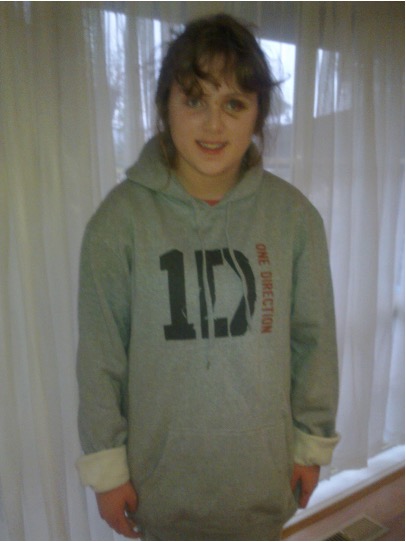By Ashleigh Keating
Content notice: Hospital visits and disability discrimination
Anyone who knows me knows I will use any excuse to talk about Harry Styles or One Direction. I’ve been like this since I was 10, and looking back on it, I can’t blame myself for developing that attachment. At that age I was having frequent unexplained hospital admissions, I had moved to a new town, and I was dealing with my first wave of realising I was different than my peers because I’m autistic. No wonder I wanted to sit on Tumblr all day and just engage in the things that made me happy.
As I’ve gotten older, that side of me has still somewhat stayed within me, and grown to other areas, like K-Pop and Måneskin. But I have found as I’ve gotten more comfortable with my disability identity, it’s been hard in some circumstances to marry the two sides of me together.
Over the past few years, I have noticed there is an expectation for any artist to be a beacon for inclusivity. More specifically, they encourage their fans to be their true selves and, in some cases, encourage them to treat people around them with kindness. One would argue that would mean that these environments would be welcoming for those like me but that is not really the case.
There are so many situations that I have experienced or have seen where disabled people cannot access these so-called ‘inclusive’ spaces that artists like to claim their concerts and fandom spaces are. From experiencing judgment due to the way I show my excitement, to not being able to attend concerts the way I really want to due to the toxic sub-culture of how people my age approach concerts. It constantly feels like there is no space for me in my special interest areas. What doesn’t help either is hearing other people that have experiences of blatant disability discrimination as well. Hearing things like, people that use mobility aids struggling to be able to get tickets and to even enjoy concerts, or even autistic people being judge on social media for how we act in concerts trying to access services we need.
Ableism is rampant within these spaces, and it is never really addressed. Sometimes, you may see people acknowledge this within fandom spaces but, nothing is ever done to actually reflect on these issues and how people could improve on this. On the very few rare occasions that the artist addresses an issue that a disabled fan goes through, it tends to be dealt with privately. If it is not done privately, it will only ever be used to help boost the artist to be seen as a good person – despite nothing actually being done to improve this. As someone who has been relying on these spaces for my special interest, it’s incredibly frustrating to see this hypocrisy of hearing how these spaces are supposed to be inclusive, but I always see my peers’ experiences not taken into consideration.
Ever since I was a child, I’ve wanted to be able to engage in these spaces like my non-disabled peers but I know I can’t because there are systems and social norms within the fandoms that cannot, and sometimes I feel will never, accommodate me. To then see the artists push claim that the spaces they create throughout their art is inclusive of everyone is a huge slap in the face. How can you claim to be inclusive when you don’t think about disabled people?
I’m not saying we need every artist and fandom to be disability advocates, but to at least take into consideration our experiences and think about how you could be inclusive. We are just like anyone else who wants to engage in these kinds of spaces, just because we may do something a little different or may need extra supports to be able to be in these spaces does not mean we should be ignored or made fun of.
If artists really want to claim to be inclusive as they say they are, then it’s time to be considerate of your disabled fans.
About the Author
Ashleigh Keating (she/her) is a 24 year old Japanese and International Relations major, living in the ACT. When she’s not stressing over her own schoolwork, you can find her advocating for better outcomes for disabled youth, especially in the field of education.

